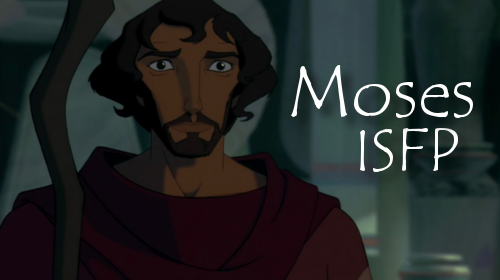ISFP, The Composer, The Seeker, The Virtuoso
There seems to be a common knowledge among MBTI/pop-culture enthusiasts that the most popular heroic types are ISTP and INFP. You have your scrappy, action-hero everyman in the ISTPs—John McClane, Han Solo, every scruffy military video game protagonist—and your starry-eyed, moral idealist in the INFPs—Luke Skywalker, Daenerys Targarean.
However, as I’ve read through my favorite MBTI blog lately, I’m beginning to think that ISFPs might be the front runner for most popular heroic type. For one thing, a lot of heroes that have been typed as INFPs are actually ISFPs, Luke Skywalker being the best example. One famous–and super inaccurate–MBTI chart has Harry Potter as an ISTP, and another throws Arya Stark in that slot as well. Well, guess what? Both ISFPs. I’ve also seen Legolas typed as an ISFP before, and though I haven’t seen an cognitive analysis yet, I think that fits pretty well.
(Dany? Well, I don’t know anymore, but I’m thinking she’s not an Intuitive-based personality.)
What I’m saying is that the character of Moses as portrayed in The Prince of Egypt seems to be in good heroic company. The ISFP type just seems super handy as a hero—driven by a non-conforming sense of morality and idealism (Fi), and backed up by physical impulsiveness and dexterity (Se). Plus, once the tertiary function kicks in (Ni), it usually means they’re on their way to Discovering Their Destiny.
Let me show you how this plays out for Moses.
Dominant Function: Fi/Introverted Feeling, “Evaluate the Experience”
 Moses begins the story not having to think much about what he does or why. He’s perfectly happy being a prince and riding around recklessly with his brother, playing pranks, and shirking his responsibilities. Once he’s hit with the revelation of his true heritage, Moses retreats inward and re-evaluates everything he knows.
Moses begins the story not having to think much about what he does or why. He’s perfectly happy being a prince and riding around recklessly with his brother, playing pranks, and shirking his responsibilities. Once he’s hit with the revelation of his true heritage, Moses retreats inward and re-evaluates everything he knows.
His first song, “All I Ever Wanted,” dramatizes Moses‘ discovery of what’s truly important to him, and what’s truly authentic about himself. At the end of it, he sits by the water where his mother found him, and confronts her with the fact that everything she’s told him about himself is a lie. He meets his father under the painting of the slaughter of the Hebrew children, and his father’s flippant attitude towards the atrocity pierces his newly awakened conscience, his inner sense of ethics and morality.
After Moses flees Egypt, he crawls through the desert slowly stripping off the jewelry and luxurious clothing from his old life. He finds a new life with the nomadic Midianites, and we find him at one point waking up early, sitting on a rock overlooking his flock of sheep, and sighing in contentment. He’s re-defined himself and found a peaceful existence that feels right and rings true.
However, God finds him and gives him a new mission—to free the Hebrews. Continue reading
